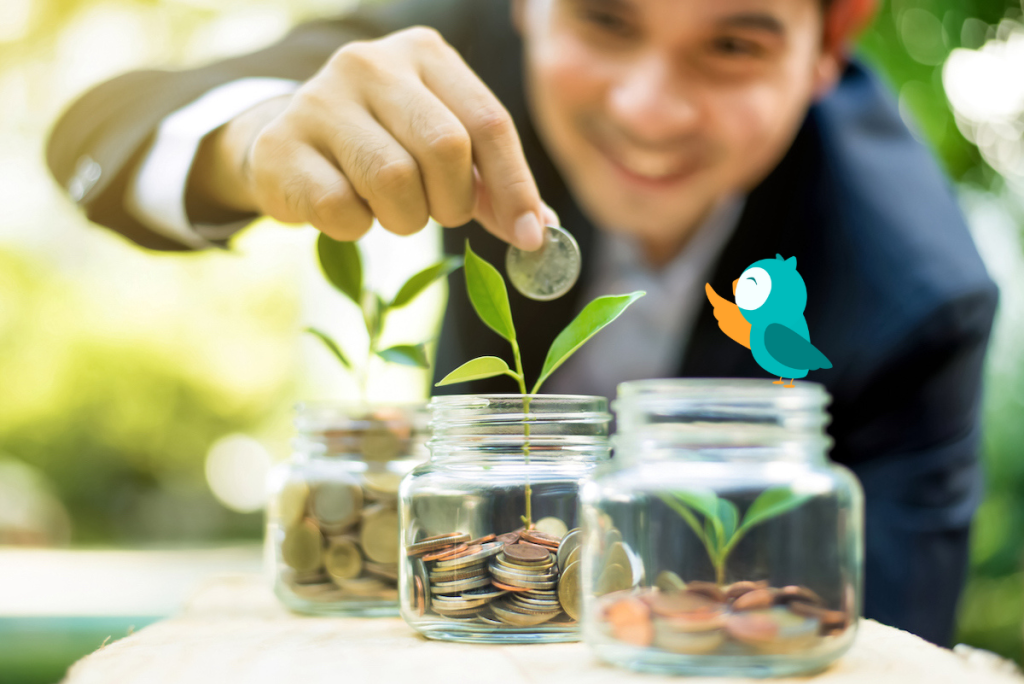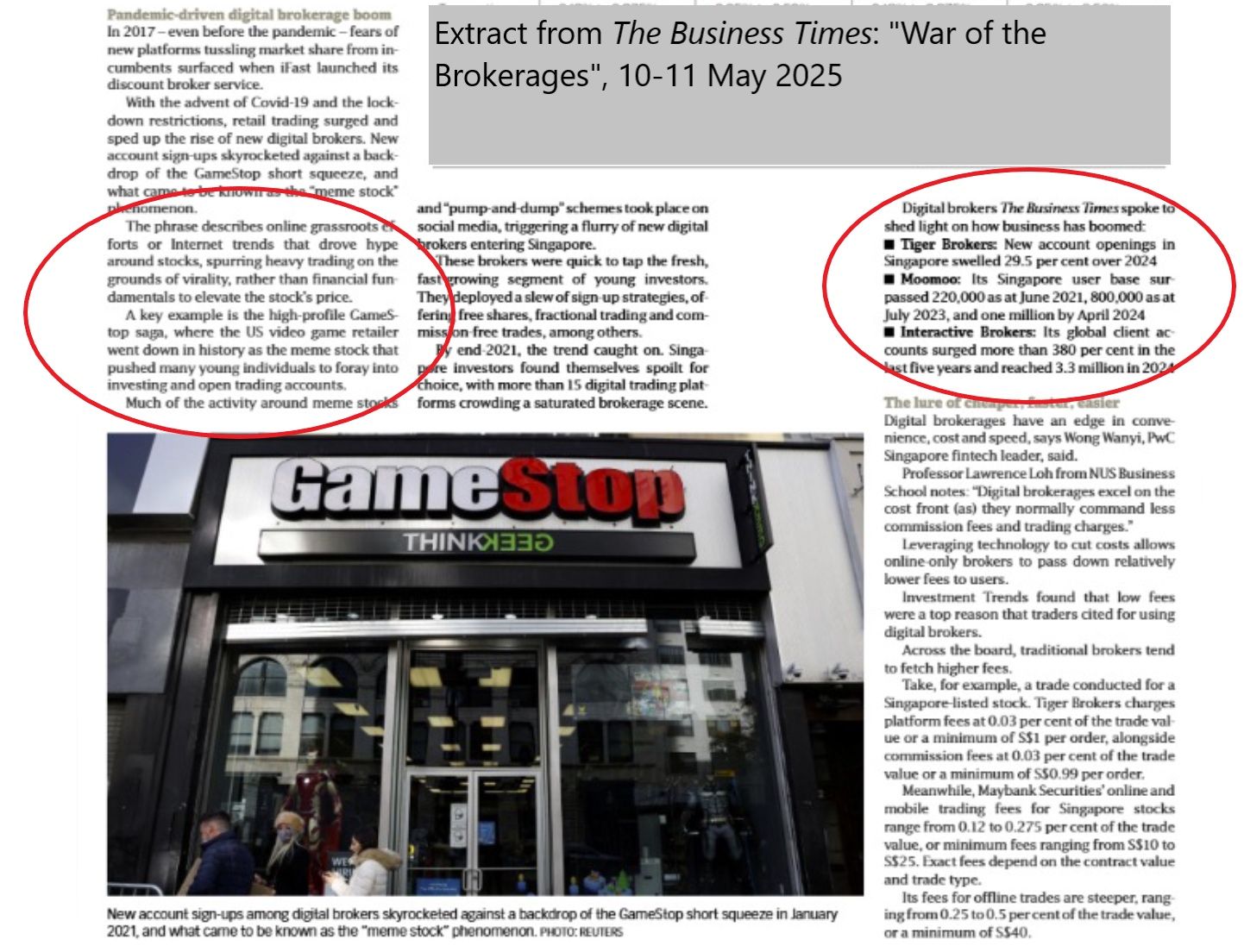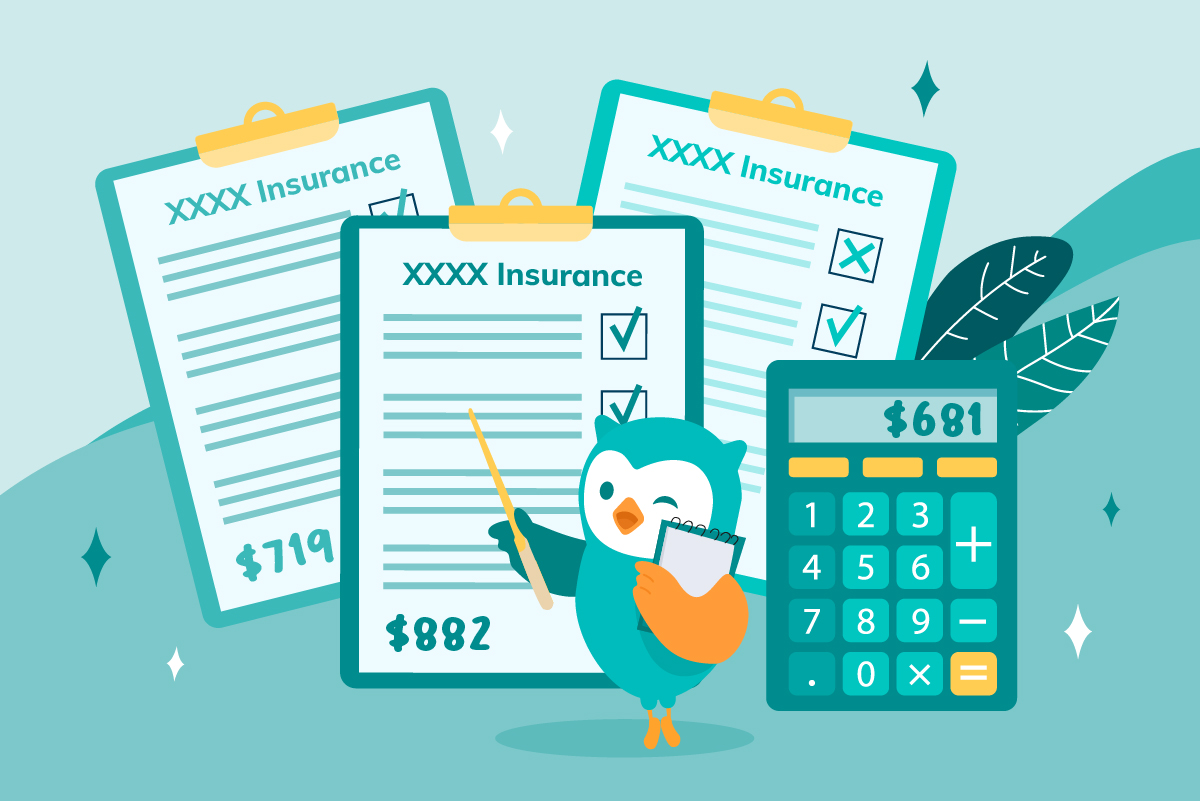Note: It was announced in November 2023 that MoneyOwl will be acquired by Temasek Trust to serve communities under a re-purposed model, and will move away from direct sale of financial products. The article is retained with original information relevant as at the date of the article only, and any mention of products or promotions is retained for reference purposes only.
______________
Find out how to deal with market volatility and why you should stay invested in the long term.
Whether you’re new to investing or are a seasoned investor, you’ll probably agree that there’s always something new to learn. The market is ever-evolving, and there always seems to be a newfangled instrument or product that claims to help grow your wealth – fast.
At MoneyOwl, we take a slightly different approach. We believe the key to reliable returns over the long term is to stay invested in a globally diversified portfolio. This is why we offer a small but comprehensive suite of investment solutions to help investors grow their wealth safely and sustainably. One such solution is our
CPF Investment Portfolio, a blend of LionGlobal Infinity Global Stock Index Fund (Equities) and UOBAM United SGD Fund (Bonds).
In this article, we speak to the Lion Global investment team, who share their investment insights for the months ahead.
What factors should investors consider when deciding on their asset allocation?
In general, there are three primary forms of asset classes:
1. Cash and cash equivalents
Comprise of savings accounts, fixed deposits, and money market funds. They carry extremely low risk.
2. Bonds/Fixed Income
Tend to be less volatile but offer more modest returns. Typically provide a fixed and regular income until they mature.
3. Equities/Stocks
Equivalent to buying ownership into the company. Historically, they have the highest risk and potentially highest return among the three major asset classes.
It is inevitable that at some point in our lives, we will be faced with emergencies or unforeseen circumstances that may require a considerable capital outlay for us to tide through. Hence, before embarking on your investment journey, it is essential to set aside an emergency fund worth about three to six months of your expenses and keep them in a safe cash management solution. This allows investors to dip into the emergency fund without having to sell investments at a loss.
Once you have an emergency fund, you can consider investing your savings. The type of investments you choose will depend on factors such as your risk appetite, targeted return, and time horizon. Understanding the risk-reward concept is crucial – the higher the risk of a particular investment, the higher the potential return.
Why should investors consider a diversified portfolio?
If you are not broadly diversified across sectors and countries, you may miss out on the opportunities you are not exposed to. A diversified portfolio can help to lower your overall investment risk and maximise your potential return per unit of risk taken. In addition, diversification safeguards you against various market cycles and helps to reduce overall portfolio volatility.
How should investors deal with market volatility?
At Berkshire Hathaway’s annual shareholding meeting in May 2022, Warren Buffett reminded investors that attempts to “time the market” is a poor investment strategy. He gave the example that Berkshire was too early getting into the market during the 2008 financial crisis while he “missed the opportunity” in March 2020 when the pandemic struck. Markets tend to be somewhat cyclical, and they are difficult to predict even for seasoned investors. Therefore, as the saying goes, it is wiser to focus on time in the market instead of timing the market. If you are invested for the long term, it is not necessary to monitor your investment portfolio every day or trade excessively, which could incur high trading costs. Low-cost investment strategies are available for long-term investors, and cost savings continue to work to investors’ benefit regardless of how volatile the underlying markets are.
Given that global equities have fallen almost 20% year to date, what is your outlook for the second half of 2022?
Volatility has been the name of the investing game in 2022. Markets are facing weak sentiment due to concerns over inflation and rising recessionary risks. In addition, the Russia-Ukraine conflict added further volatility to the market, causing commodity prices to surge.
Meanwhile, the Federal Reserve (the Fed) hiked rates by 75bps at the July Federal Open Market Committee (FOMC) meeting, bringing the benchmark rate to a range of 2.25-2.5%. As the US recession narrative grows louder, the silver lining is that the Fed is likely to slow the pace of subsequent hikes as the effects of the tighter policy start to pass through the economy and slow inflation. With concerns over demand destruction arising from the high inflationary prints, this could calm market worries about the Fed making a policy mistake, which could send the US economy into a deep recession.
However, risk events such as continued upside inflation surprises and overly aggressive tightening by central banks may add to the selling pressures for global equities.
What is your advice for investors in this current market climate?
Many investors have not achieved satisfactory results as they have allowed their emotions to affect their investment decisions. Investors are more willing to invest and take on more risks when the market is euphoric and overvalued but tend to sell their positions out of fear when the market is oversold. As a result, investors end up “buying high and selling low” instead of “buying low and selling high”.
One way to avoid emotions and stay invested long-term is to consider Dollar Cost Averaging. This involves investing a fixed amount of money into a specific investment at regular intervals, be it monthly or quarterly, regardless of the price. Not only does this reduce the risk of investing based on emotions, but it also helps you manage the market’s volatility better and avoid mistiming the market.
About the contributor:
Established since 1986, Lion Global Investors is a member of the Oversea-Chinese Banking Corporation Limited Group and one of the largest asset management companies in Southeast Asia, with group assets under management of S$68.4 billion (US$49.1 billion).
Disclaimer:
All the content are solely the author’s and may not reflect the opinions and beliefs of MoneyOwl Pte Ltd.




